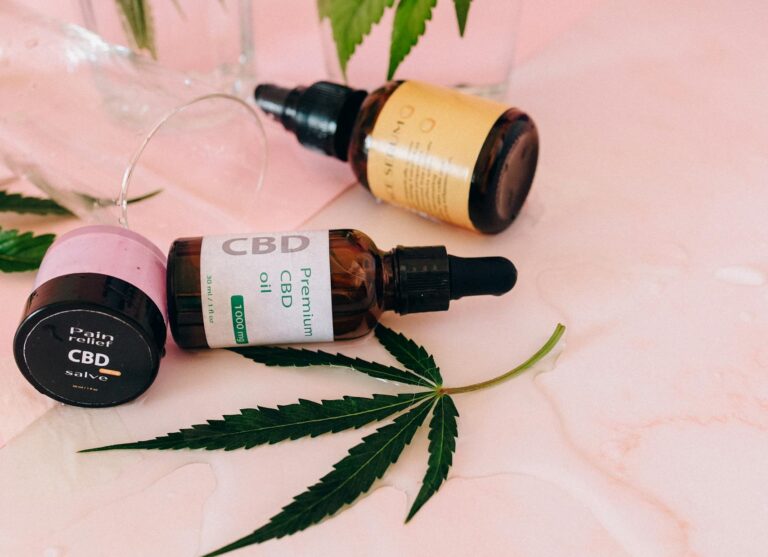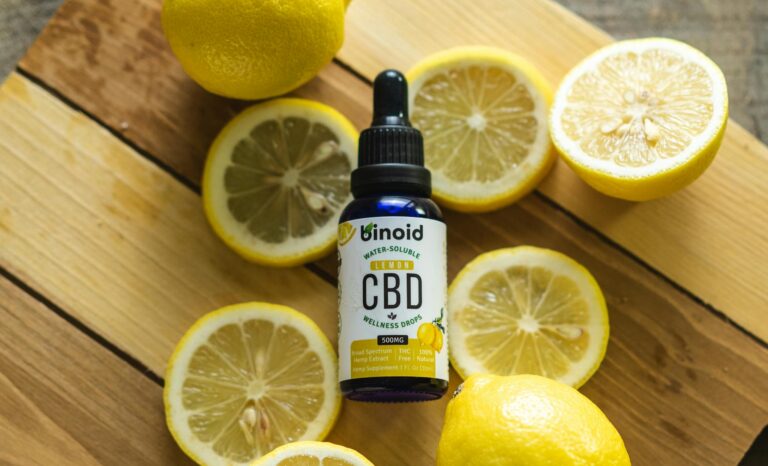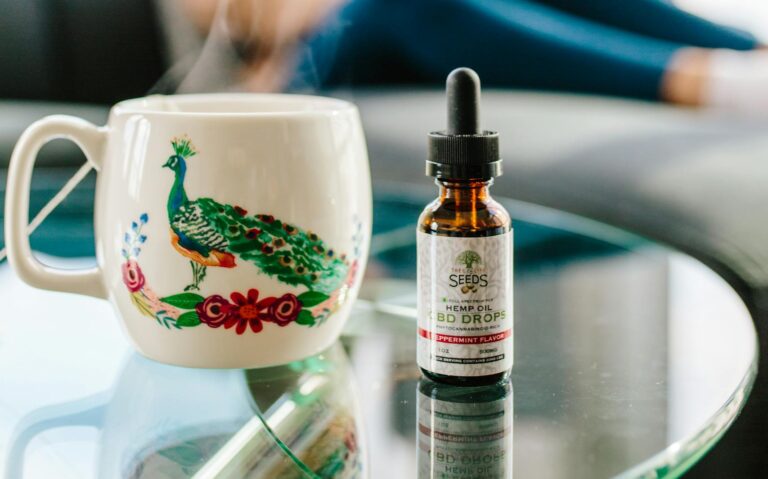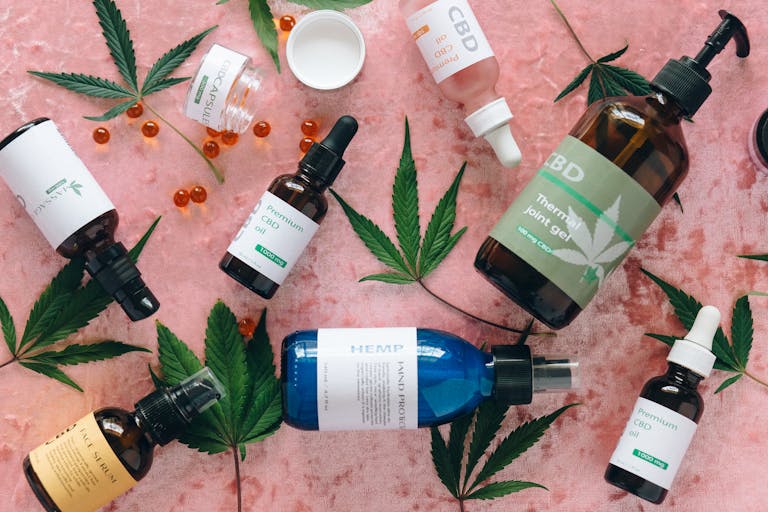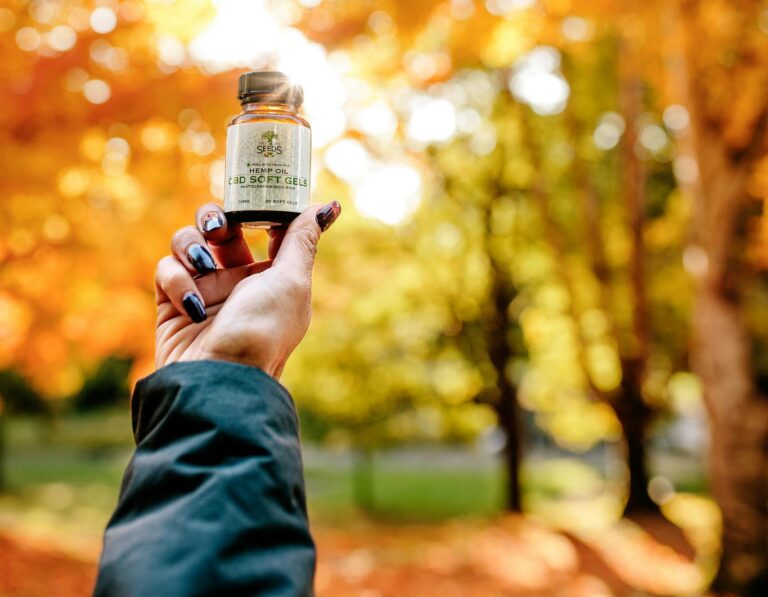How Much CBD Should You Take?
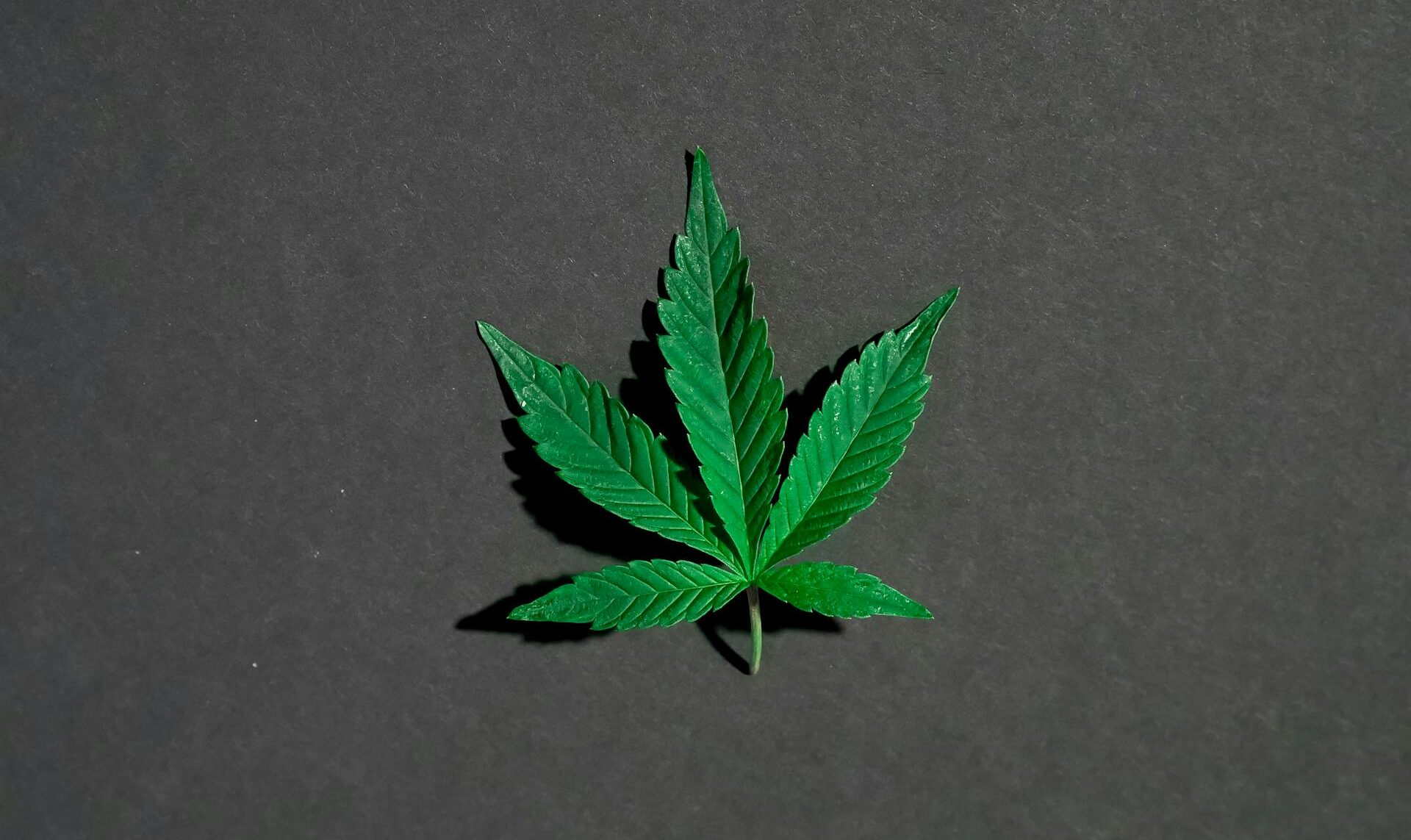
When venturing into the world of CBD, one of the most common questions that arise is, How Much CBD Should You Take? The answer to this question can vary drastically from person to person due to a number of factors such as body weight, individual biochemistry, and the specific health conditions one is looking to manage. This article aims to provide you with an engaging, thorough understanding of how to determine the right dosage for your unique needs.
Understanding CBD and Its Effects
Before delving into the specifics of dosage, it’s crucial to understand what CBD is and how it interacts with the human body.
What is CBD?
CBD, or cannabidiol, is a compound found in the cannabis plant. It is one of over 100 cannabinoids identified in hemp and marijuana. Unlike its more famous counterpart, THC (tetrahydrocannabinol), CBD is non-psychoactive, meaning it doesn’t produce the “high” commonly associated with cannabis use.
CBD has garnered attention for its potential therapeutic benefits, including reducing anxiety, alleviating pain, and aiding sleep disorders. Research has shown that it interacts with the body’s endocannabinoid system—a complex network of receptors that plays a role in regulating various physiological processes.
How Does CBD Work in the Body?
When taken, CBD interacts with CB1 and CB2 receptors located throughout the body. These receptors are part of the endocannabinoid system and help regulate various functions, including mood, pain sensation, appetite, and immune response.
The way CBD influences these receptors can lead to a wide array of effects. For example, those suffering from chronic pain may find relief because CBD can modulate pain pathways, while others dealing with anxiety may experience calming effects through CBD’s interaction with serotonin receptors.
Why Is Dosage Important?
Determining the correct dosage of CBD is essential for ensuring optimal effects. Taking too little may yield no noticeable benefits, while taking too much can lead to unwanted side effects such as fatigue, irritability, or gastrointestinal discomfort. Therefore, finding your ideal dosage is crucial for both effectiveness and safety.
Factors Influencing CBD Dosage
Several factors can influence how much CBD you should take. Understanding these can help you tailor your approach and maximize the benefits.
Personal Factors
Your body composition plays a significant role in determining the right amount of CBD for you. Factors such as:
- Body Weight: Heavier individuals may need a higher dose to feel the same effects as lighter individuals.
- Metabolism: Some people metabolize substances faster than others, impacting how quickly and effectively CBD is absorbed.
- Tolerance Levels: If you’ve been using CBD for a while, your body may develop tolerance, requiring you to increase your dosage over time.
These personal factors highlight the importance of custom-tailoring your CBD intake to fit your unique biological makeup.
The Condition Being Treated
Different health issues may necessitate different dosages of CBD. For instance, someone using CBD for anxiety might require a different amount than someone using it for chronic pain.
- Chronic Pain Relief: Studies suggest that a higher dose—often around 20-25 mg per dose—may be necessary for effective pain management.
- Anxiety Management: Lower doses, starting at around 10 mg, have been reported to help alleviate anxiety symptoms effectively.
- Sleep Disorders: Individuals struggling with insomnia may benefit from moderate doses ranging from 15 to 30 mg.
Understanding the nature of your condition will assist in identifying the appropriate dosage.
Method of Consumption
The way you consume CBD also influences its efficacy and required dosage. Different methods of consumption include:
- Oils and Tinctures: These tend to be fast-acting and allow for precise dosing, making them ideal for those new to CBD. A few drops under the tongue can deliver effects within minutes.
- Edibles: These offer a longer-lasting effect but take longer to kick in. As they are processed through the digestive system, you may need a higher dosage compared to oils.
- Capsules: Similar to edibles, capsules provide a consistent dosage but may not act as quickly.
Deciding on your preferred method of consumption can guide how much CBD you decide to take.
Finding the Right Dosage: General Guidelines
Now that we’ve discussed the factors influencing dosage, let’s explore some general guidelines for determining how much CBD you should take.
Starting Low and Gradually Increasing
Most experts recommend starting with a low dose and gradually increasing it until you find the level that works best for you. A typical starting point would be between 5-10 mg per day. From there, you can monitor your body’s response and adjust accordingly.
Recommended Dosage Chart
Here’s a simple reference chart that can help guide your CBD dosage based on weight and desired effects:
| Body Weight (lbs) | Low Dose (mg) | Moderate Dose (mg) | High Dose (mg) |
|---|---|---|---|
| 100 | 5 | 10 | 15 |
| 150 | 7.5 | 15 | 22.5 |
| 200 | 10 | 20 | 30 |
| 250 | 12.5 | 25 | 37.5 |
This table provides a basic framework, but remember that individual experiences will vary.
Monitoring Effects and Adjusting Dosage
After starting with a low dose, carefully monitor how your body reacts over the course of a week or two. Take notes on any changes in symptoms, mood, or overall wellbeing.
If you notice improvements, maintain that dosage. If you’re not experiencing the desired effects, gradually increase your dose by 5-10 mg every few days until you find your sweet spot.
Common Side Effects and Safety Considerations
While CBD is generally well-tolerated, it’s important to be aware of potential side effects and safety concerns.
Potential Side Effects
Some users report mild side effects, which might include:
- Fatigue: While many use CBD for relaxation, too high of a dose can cause tiredness.
- Diarrhea: Some may experience digestive disturbances if they consume too much CBD.
- Changes in Appetite: CBD can either increase or decrease appetite depending on the individual.
If you encounter any of these side effects, consider adjusting your dosage or consulting with a healthcare professional.
Drug Interactions
CBD can interact with certain medications, particularly those metabolized by the liver. These interactions may enhance or diminish the effects of other drugs. Always consult a healthcare provider before commencing CBD treatment if you are currently on medication.
Legal Considerations
It’s also essential to consider the legal landscape surrounding CBD. Depending on where you live, laws governing CBD use can vary. Ensure you are informed about your local regulations before purchasing or using CBD products.
FAQs About CBD Dosage
What is the best time to take CBD?
You can take CBD at any time of day, but many find it beneficial to take it in the morning for energy or at night for relaxation.
Can I overdose on CBD?
Although CBD is considered safe, taking excessively high doses can lead to unwanted side effects. It’s essential to stick with recommended levels and consult a healthcare professional if concerned.
How long does it take for CBD to work?
The onset of CBD effects varies by method. Oils may work within 15-30 minutes, while edibles could take 1-2 hours to manifest effects.
Can I mix CBD with other supplements?
Generally, combining CBD with other supplements is safe, but it’s always best to consult a healthcare professional to avoid adverse interactions.
Is CBD safe for children?
Research is still ongoing regarding the safety of CBD in children. Consult with a pediatrician before giving CBD products to younger individuals.
Conclusion
Determining how much CBD you should take is a personalized journey influenced by various factors such as body weight, metabolism, the condition being treated, and the method of consumption. By starting with a low dose, gradually increasing as needed, and closely monitoring your body’s reactions, you can find the perfect balance for your unique situation. Furthermore, always consider seeking guidance from healthcare professionals to ensure a safe and effective CBD experience.

